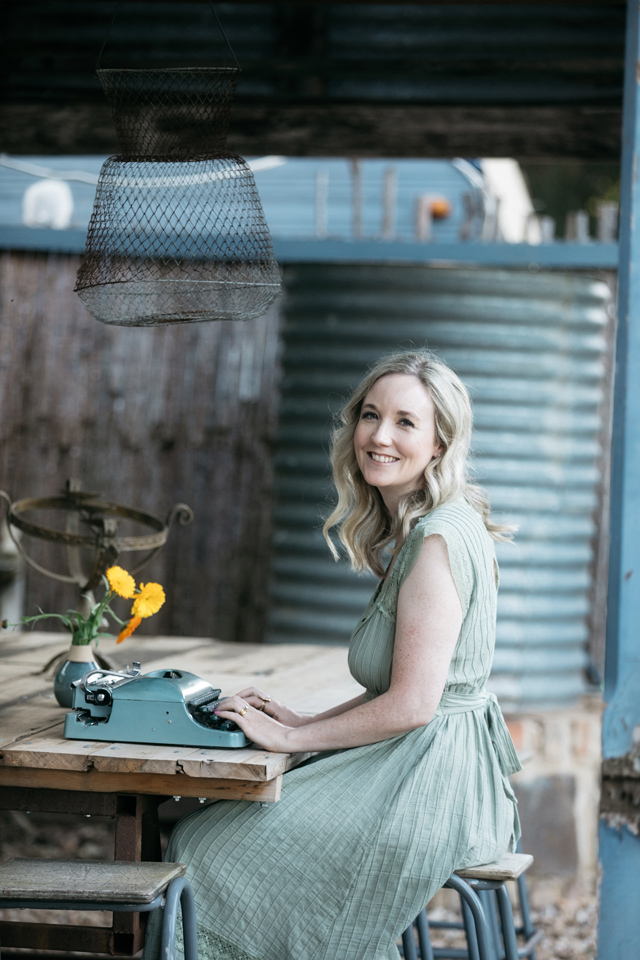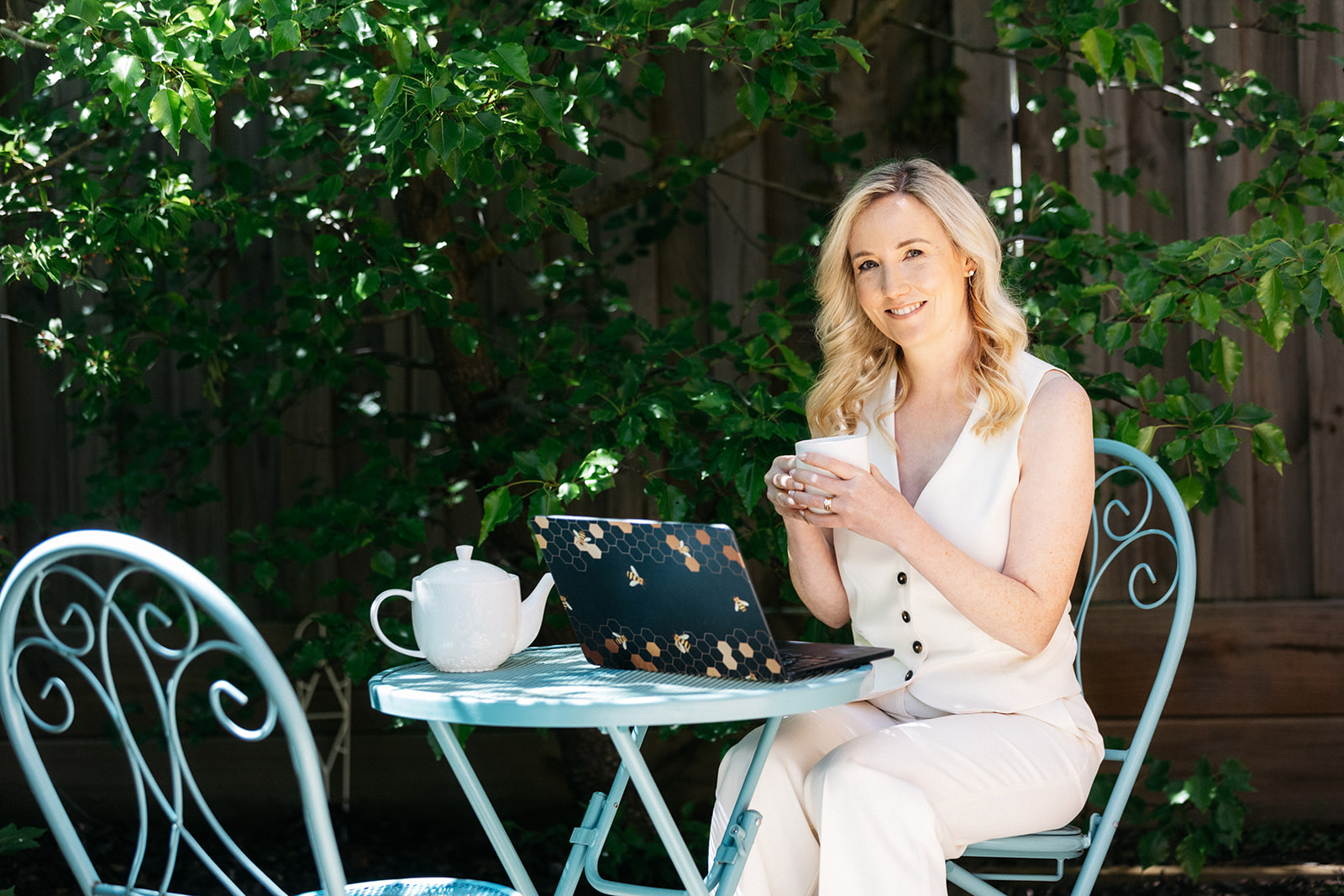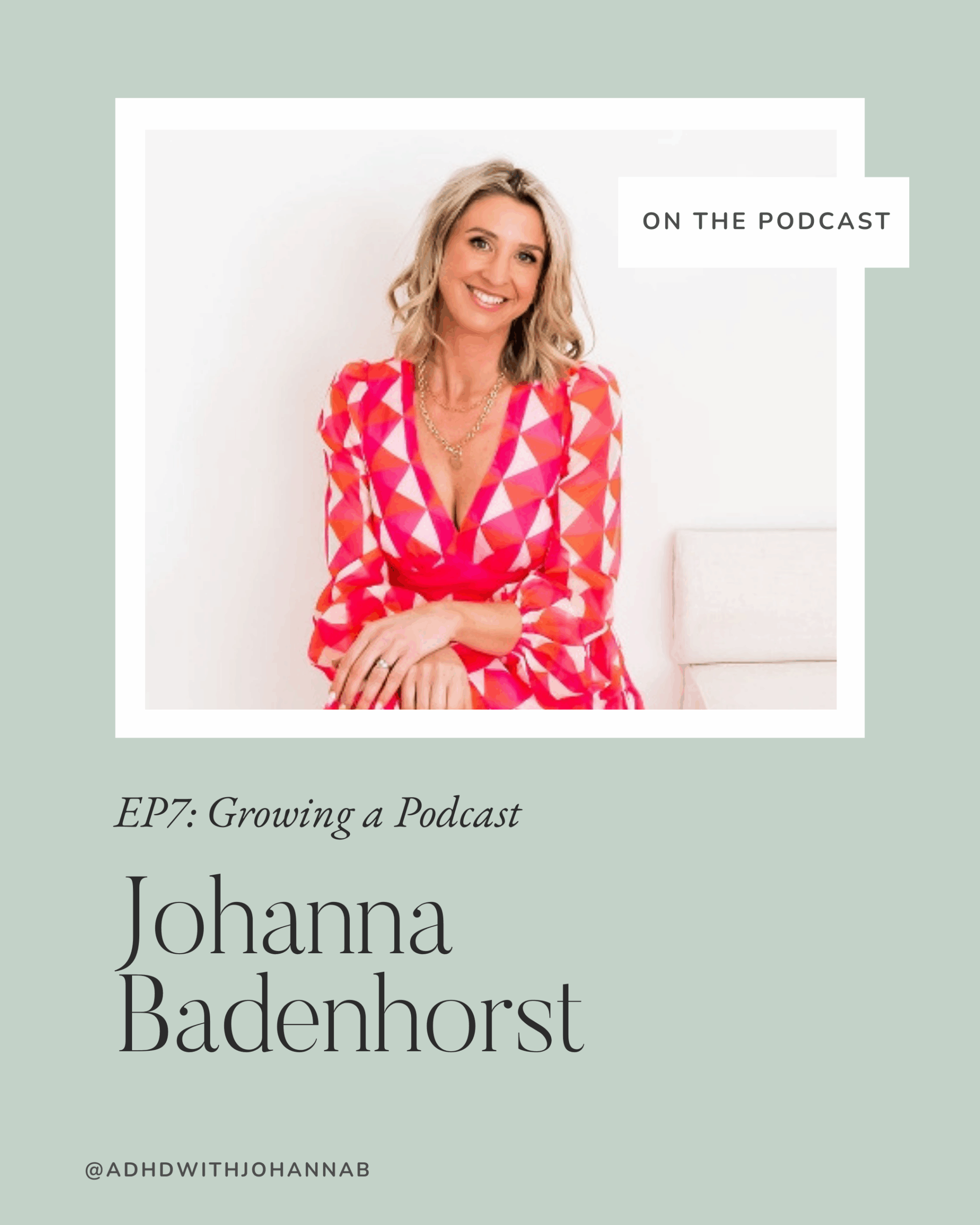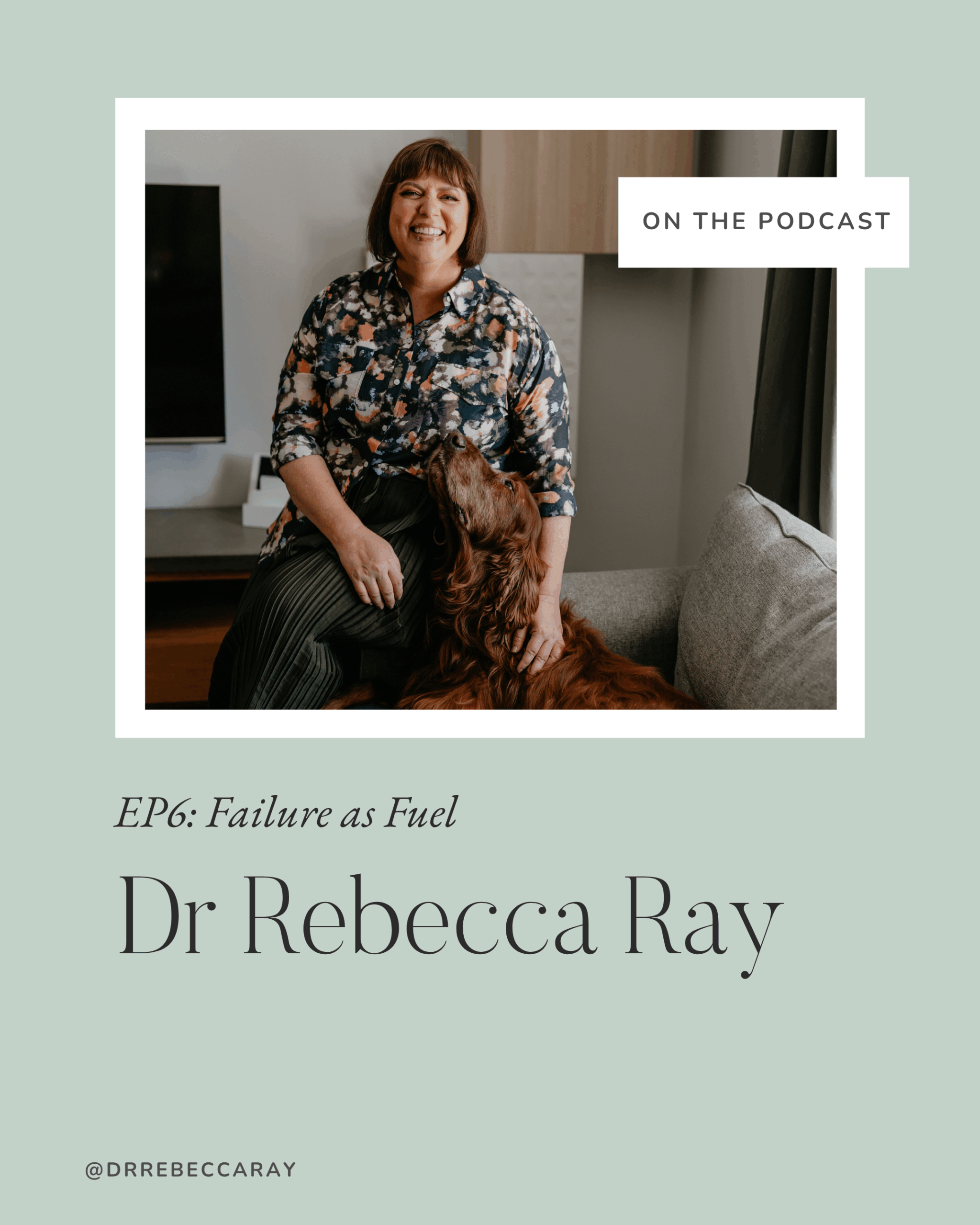I’ll admit that I still don’t know how to find balance in running a business when it’s school holidays. I figure other people struggle with that too, so I wanted to add something to the conversation.
Something other than: “get up earlier!”, “work when your kids nap” or “just get someone to watch the baby”. None of this advice was particularly useful to me. I had to find other ways to manage work.
When I say ‘work’ I don’t mean therapy, speaking gigs, interviews or mentoring. I can’t do those things unless I’m child-free. I mean all the fiddley work that happens in business – admin, writing blogs, editing podcasts and videos.
If you prefer to listen or watch this chat, I’ve chatted about this topic on the podcast and YouTube channel.
In 2020, an article in the Washington Post indicated that the longest stretch of uninterrupted work time for parents during the pandemic was about 3 minutes and 24 seconds. We’re still figuring out how to navigate working like we don’t have to parent and parenting like we don’t have to work.
I often think of Michel Odent’s phrase “there’s no such thing as a baby”. Meaning that a baby cannot function independently of a caregiver. Until around 18 months or so a baby doesn’t even have a concept of self outside of their caregiver. However, creating secure attachments mean that we introduce the concept of separation gently.
We can do this by starting early with a ‘yes’ space. A space in which a curious baby or toddler could explore, touch things and take healthy risk without a parent needing to hover at every moment saying “no” or “don’t touch that”.
Solitude helps confidence, focus and creativity. We want out kids to develop a healthy sense of self and to be able to listen to their own inner voice without noise and input from other people all the time. This is the ‘work’ of children, so why not introduce the concept of co-creating work?
By this I mean, developing a family value around why we work and how we can achieve solitude side by side or nearby. There is no parenting approach or trauma therapy I know of that says in order to be a good parent you must play with and give your child 100% of your attention at all times.
Finding language around the value of work is important too. I notice that when I went from saying “I have to work” to something like “I want to spend time writing, because it’s important to me and fills my bucket” things shifted. My kids (as they got older of course) were able to empathise and understand what exactly “work” is. My other example that I’ll use is that I need to go help people with their feelings. In answering emails, or creating content that’s often the important value of what I’m doing – helping people feel better.
Creating a predictable rhythm helps too. It’s easy to forget that when someone is on their phone, we don’t actually know what they are doing. Are they working? Ignoring us? My kids just see a laptop or a phone without a context. If I give them my full, focussed attention (say over mealtimes) then it’s sometimes easier to find flow where quiet time after lunch happens automatically. Pay attention to your child’s rhythms and your own and see if you can find clear ebbs and flows in the day where they really need your attention and when they are happy to retreat into solitude or quiet time.
I want to finish here with a side note – just in case it resonates, to make sure that you’re not using work as self-care. Even if it brings you joy and makes you feel topped up, work is not self-care. It’s not a break from your children and many of us (me included) find it easier to ask for time out if it’s ‘legitimized’ with work.
Also make sure you’re not seeking the distraction of work to avoid pain. Going on Instagram to research something and call it working when actually you’re avoiding overstimulation or signs of burnout.
I talk more about work, burnout, different kinds of rest and overstimulation in my new book, Social Media Detox for Mums.






